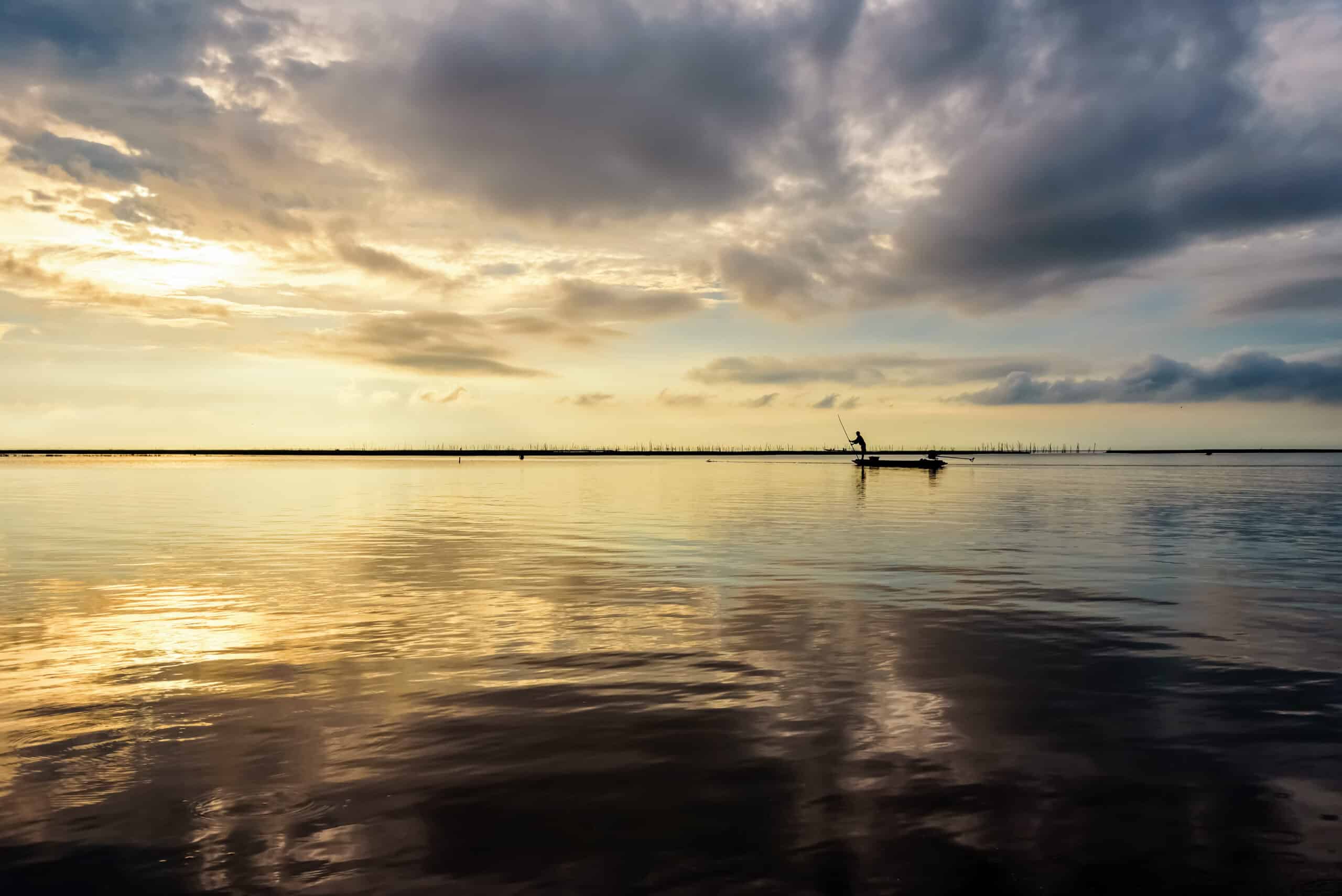Why is Bass Fishing So Hard?
Key Takeaways
- Bass fishing can be challenging due to factors such as changing conditions, finicky fish behavior, and unpredictable weather conditions.
- Adapting to changing conditions is key in bass fishing, as fish behavior can vary greatly depending on factors like water temperature and weather patterns.
- Weather conditions play a significant role in bass behavior, and anglers must be prepared to adjust their fishing approach accordingly.
Bass fishing can be a thrilling and rewarding experience for anglers of all skill levels. However, it is no secret that bass fishing can also be quite challenging. From finding fish in changing conditions to adapting to finicky fish behavior and unpredictable weather conditions, there are several factors that make bass fishing a difficult endeavor. In this article, we will explore the reasons why bass fishing is so hard and provide some tips and techniques to help improve your bass fishing skills.
Challenges Highlighted in Research Studies
Two studies conducted by scientists from the Department of Natural Resources (DNR) in Maryland have shed light on some of the challenges faced by bass fishermen. The studies revealed below-average spawning success among striped bass, which is a popular species targeted by anglers. Warming water temperatures have also been found to affect the timing and length of the spawning season, posing additional challenges for bass fishermen. Moreover, the need to protect the spawning stock in the Chesapeake Bay has become a priority to ensure the sustainability of bass populations.
The Art of Adaptation
One of the key challenges in bass fishing is the need to adapt to changing conditions. Fish behavior can vary greatly depending on factors such as water temperature, weather patterns, and the availability of prey. Bass are known for their finicky feeding habits, and what works one day may not work the next. This requires anglers to constantly adjust their techniques and strategies to entice the fish to bite. It takes patience, observation, and a willingness to experiment with different lures, presentations, and locations to find success.
Unpredictable Weather Conditions
Weather conditions play a significant role in the behavior and feeding patterns of bass. Changes in barometric pressure, temperature fluctuations, and the presence of fronts can all impact fish activity. Bass are known to be sensitive to these changes, and their feeding behavior can be influenced accordingly. Anglers must be prepared to face unpredictable weather conditions and adjust their fishing approach accordingly. This can involve changing the depth at which lures are presented, altering the retrieve speed, or even switching to different lures altogether.
Mastering the Basics and Expanding Skills
Improving bass fishing skills requires a solid foundation in the basics. Understanding the habits and preferences of bass, learning how to cast accurately, and gaining proficiency in various fishing techniques are essential. It is important to start with the fundamentals and gradually progress to more advanced techniques and gear. A well-rounded angler is one who is constantly challenging themselves by fishing in new spots, experimenting with different equipment and techniques, and seeking out opportunities to learn from others.
Overcoming Common Mistakes
There are common mistakes that many bass anglers make, which can hinder their success. Moving lures too much, for example, can result in an unnatural presentation that turns off the fish. It is important to find the right balance between imparting action to the lure and allowing it to appear natural in the water. Similarly, relying solely on past fishing experiences without taking into account current conditions can lead to missed opportunities. Paying attention to the behavior and preferences of the bass, as well as focusing on the movements of their prey species, can provide valuable insights into their location and feeding patterns.
Utilizing Technology and Resources
The advancements in fishing technology have provided anglers with valuable tools to enhance their bass fishing skills. Sonar systems can help locate fish and identify underwater structures, while high-tech rods and reels offer improved sensitivity and control. Additionally, there are numerous educational materials available on the internet, including articles, videos, and forums, where anglers can learn from experienced professionals and fellow enthusiasts. Utilizing resources such as fishing apps, like the BassForecast fishing app, can provide detailed information on waterways, fish species, and real-time conditions to optimize fishing success.
Conclusion
Bass fishing is a challenging pursuit that requires patience, adaptability, and a willingness to continually learn and improve. From the challenges highlighted in research studies to the need for adaptation, overcoming common mistakes, and utilizing technology and resources, there are several factors that contribute to the difficulty of bass fishing. However, with the right knowledge, skills, and mindset, anglers can increase their chances of success and make the most of their bass fishing experiences.
Related Websites:
FAQs:
Q: Why is bass fishing considered difficult?
Bass fishing can be challenging due to several factors. The behavior and feeding patterns of bass are influenced by seasonal variations, water temperature, clarity, and oxygen levels. Weather conditions also play a role in bass activity. Additionally, fishing pressure and the presence of experienced anglers can make bass fishing more difficult.
Q: What factors affect bass behavior and feeding patterns?
Bass behavior and feeding patterns are influenced by seasonal variations, water temperature, clarity, and oxygen levels. Understanding these factors is crucial for successful bass fishing.
Q: What equipment and techniques should I use for bass fishing?
Using appropriate gear, such as rods, reels, lines, and lures, is essential for bass fishing. Various fishing techniques, such as flipping, pitching, and topwater fishing, can be effective in different scenarios. Patience, practice, and knowledge are key to improving success rates.
Q: How can I improve my bass fishing skills?
Seeking guidance from experienced anglers and fishing communities can greatly improve your bass fishing skills. Consider attending workshops, seminars, or joining local fishing clubs to learn from experts. Online resources, books, and magazines are also valuable sources of information for further learning.






